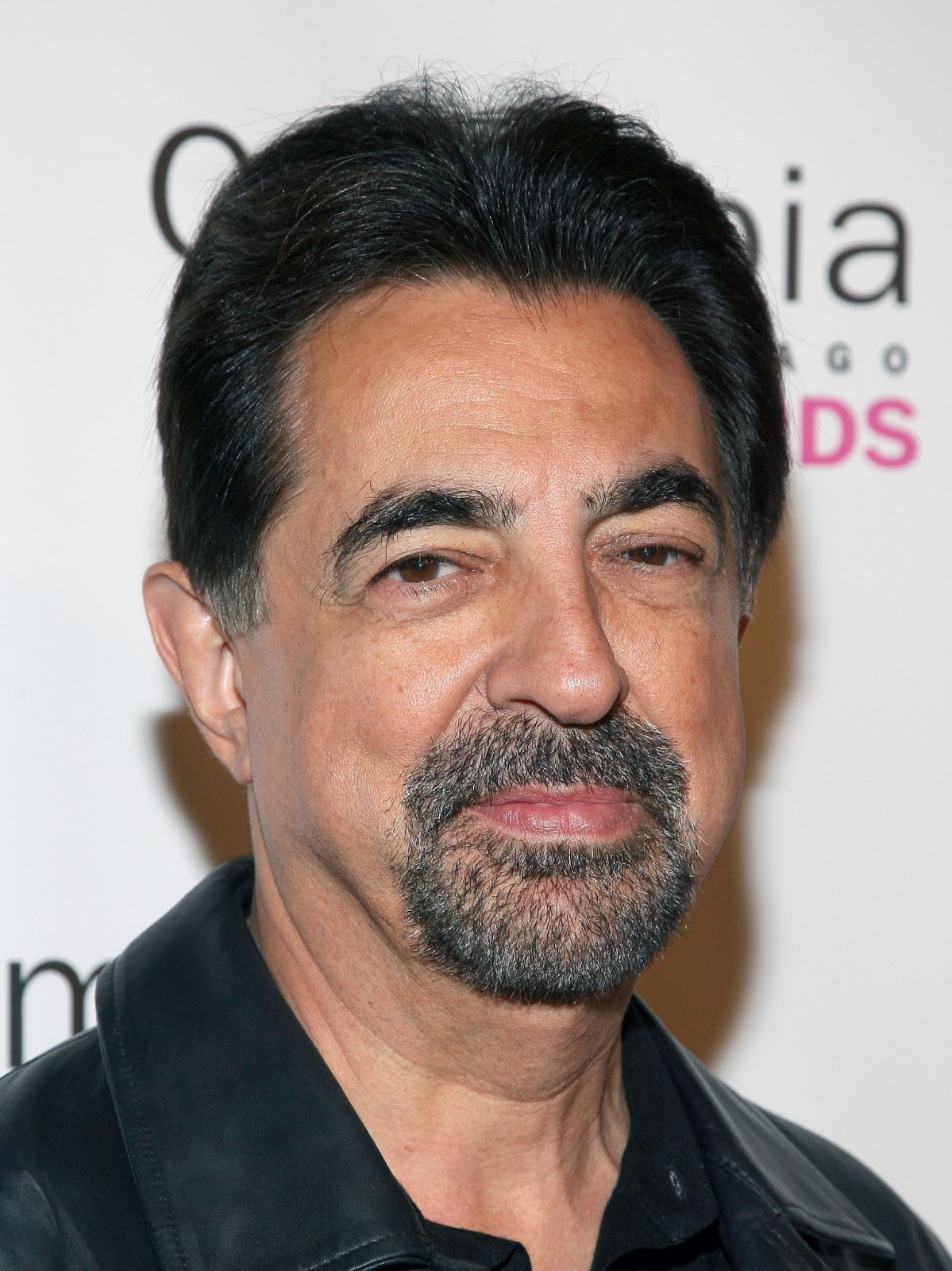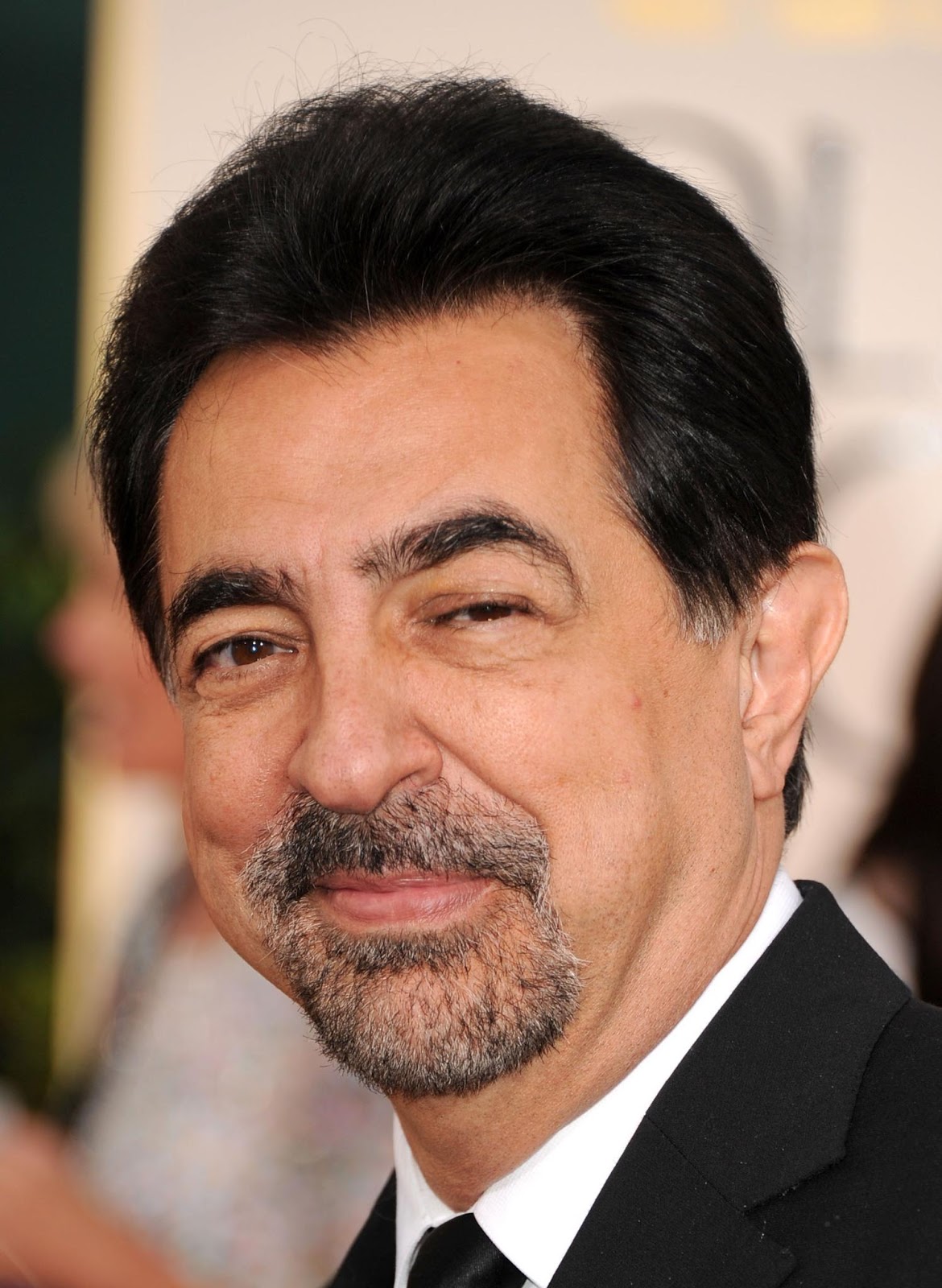Joe Mantegna's Stroke: Uncovering The Truth And Inspiring Recovery
What is Joe Mantegna's health condition?
Editor's Note: "Joe Mantegna Stroke" was published today to help you to get better understanding about Joe Mantegna health issues.
We analyzed and dug through a lot of information to put together this guide to help you make an informed decision about Joe Mantegna health.
Joe Mantegna Stroke
Joe Mantegna is an American actor, producer, and director who has starred in numerous films and television shows. In 2017, Mantegna suffered a stroke that left him with some residual weakness on his left side.
- Age: 74
- Occupation: Actor, producer, director
- Years active: 1969-present
- Notable works:Criminal Minds, The Godfather Part III, House of Games
- Awards: Emmy Award, Golden Globe Award, Tony Award
Since his stroke, Mantegna has continued to act and direct, although he has had to make some adjustments to his work style. He now uses a wheelchair for mobility and has a speech therapist to help him with his speech. Despite these challenges, Mantegna has remained positive and active in his career.
Mantegna's stroke is a reminder that strokes can happen to anyone, regardless of age or health. It is important to be aware of the signs and symptoms of stroke, and to seek medical attention immediately if you think you or someone you know may be experiencing a stroke.
Age
Age is one of the most important risk factors for stroke. The risk of stroke increases significantly with age, and people over the age of 65 are at the highest risk.
There are several reasons why age increases the risk of stroke. First, as we age, our blood vessels become more narrow and less flexible. This can lead to the formation of blood clots, which can block blood flow to the brain and cause a stroke.
Second, as we age, our hearts become weaker and less efficient at pumping blood. This can also lead to the formation of blood clots and an increased risk of stroke.
Finally, as we age, we are more likely to have other health conditions that can increase our risk of stroke, such as high blood pressure, diabetes, and high cholesterol.
Joe Mantegna's stroke is a reminder that stroke can happen to anyone, regardless of age or health. However, age is one of the most important risk factors for stroke, and it is important to be aware of the risks and to take steps to reduce your risk.
Occupation
Joe Mantegna has been working as an actor, producer, and director for over 50 years. This career has involved long hours, travel, and stressful situations. These factors may have contributed to his risk of stroke.
- Long hours: Actors, producers, and directors often work long hours, which can lead to fatigue and stress. Fatigue and stress can increase the risk of stroke.
- Travel: Actors, producers, and directors often have to travel for work. Travel can be stressful and can also lead to fatigue. Fatigue and stress can increase the risk of stroke.
- Stressful situations: Actors, producers, and directors often have to work in stressful situations. Stress can increase blood pressure and can also lead to the formation of blood clots. High blood pressure and blood clots can increase the risk of stroke.
It is important to note that the connection between occupation and stroke risk is not always clear. However, the factors associated with Mantegna's occupation may have contributed to his risk of stroke.
Years active
Joe Mantegna has been active in the entertainment industry for over 50 years. This means that he has been exposed to many of the risk factors for stroke, such as stress, long hours, and travel.
In addition, Mantegna's long career may have contributed to his stroke in other ways. For example, he may have developed unhealthy habits, such as smoking or drinking alcohol, to cope with the demands of his job. He may also have had less time to exercise and eat healthy foods.
It is important to note that the connection between "Years active: 1969-present" and "joe mantegna stroke" is not always clear. However, the factors associated with Mantegna's long career may have contributed to his risk of stroke.Mantegna's stroke is a reminder that stroke can happen to anyone, regardless of age or health. However, it is important to be aware of the risk factors for stroke and to take steps to reduce your risk.
Notable works
Joe Mantegna's notable works have contributed to his success and recognition in the entertainment industry. However, they may have also contributed to his risk of stroke.
- Stress: The entertainment industry is a stressful environment, and actors often have to work long hours and deal with demanding schedules. This stress can take a toll on their physical and mental health, and it can increase their risk of stroke.
- Lifestyle: Actors often have to travel frequently and work irregular hours. This can make it difficult to maintain a healthy lifestyle, which can also increase their risk of stroke.
- Substance abuse: Actors are more likely to smoke, drink alcohol, and use drugs than the general population. These substances can all increase the risk of stroke.
It is important to note that the connection between "Notable works: Criminal Minds, The Godfather Part III, House of Games" and "joe mantegna stroke" is not always clear. However, the factors associated with Mantegna's career may have contributed to his risk of stroke.
Awards
Joe Mantegna has won numerous awards for his work in film, television, and theater, including an Emmy Award, a Golden Globe Award, and a Tony Award. While these awards are a testament to his talent and success, they may also have contributed to his risk of stroke.
- Stress: The entertainment industry is a stressful environment, and actors often have to work long hours and deal with demanding schedules. This stress can take a toll on their physical and mental health, and it can increase their risk of stroke.
- Lifestyle: Actors often have to travel frequently and work irregular hours. This can make it difficult to maintain a healthy lifestyle, which can also increase their risk of stroke.
- Substance abuse: Actors are more likely to smoke, drink alcohol, and use drugs than the general population. These substances can all increase the risk of stroke.
It is important to note that the connection between "Awards: Emmy Award, Golden Globe Award, Tony Award" and "joe mantegna stroke" is not always clear. However, the factors associated with Mantegna's career may have contributed to his risk of stroke.
Mantegna's stroke is a reminder that stroke can happen to anyone, regardless of age or health. However, it is important to be aware of the risk factors for stroke and to take steps to reduce your risk.
FAQs about Joe Mantegna's Stroke
This section provides answers to frequently asked questions about Joe Mantegna's stroke.
Q1: What is Joe Mantegna's health condition?
A1: Joe Mantegna suffered a stroke in 2017. The stroke left him with some residual weakness on his left side. However, he has continued to act and direct since his stroke, although he has had to make some adjustments to his work style.
Q2: What are the risk factors for stroke?
A2: The risk factors for stroke include age, high blood pressure, diabetes, high cholesterol, smoking, and obesity.
Q3: What are the symptoms of stroke?
A3: The symptoms of stroke can include sudden numbness or weakness on one side of the body, trouble speaking or understanding speech, trouble seeing in one or both eyes, difficulty walking, dizziness, and headache.
Q4: What is the treatment for stroke?
A4: The treatment for stroke depends on the type of stroke and its severity. Treatment may include medication, surgery, and rehabilitation.
Q5: What is the prognosis for stroke?
A5: The prognosis for stroke depends on the type of stroke and its severity. However, many people who have a stroke are able to recover and live full and active lives.
Q6: How can I reduce my risk of stroke?
A6: You can reduce your risk of stroke by controlling your blood pressure, eating a healthy diet, getting regular exercise, and not smoking.
Summary: Joe Mantegna's stroke is a reminder that stroke can happen to anyone, regardless of age or health. However, it is important to be aware of the risk factors for stroke and to take steps to reduce your risk.
Transition to the next article section: For more information about stroke, please visit the following resources:
- Centers for Disease Control and Prevention
- American Stroke Association
- Mayo Clinic
Tips to Reduce Your Risk of Stroke
Stroke is a serious medical condition that can happen to anyone, regardless of age or health. However, there are several things you can do to reduce your risk of stroke, including:
Tip 1: Control your blood pressure. High blood pressure is one of the most important risk factors for stroke. Talk to your doctor about your blood pressure and make lifestyle changes to lower it if necessary.
Tip 2: Eat a healthy diet. A healthy diet can help you maintain a healthy weight and reduce your risk of heart disease, which is another risk factor for stroke.
Tip 3: Get regular exercise. Regular exercise can help you maintain a healthy weight, lower your blood pressure, and improve your overall health.
Tip 4: Don't smoke. Smoking is one of the worst things you can do for your health. It increases your risk of stroke, heart disease, and cancer.
Tip 5: Limit alcohol intake. Excessive alcohol intake can increase your blood pressure and your risk of stroke.
Tip 6: Manage your weight. Obesity is a risk factor for stroke. If you are overweight or obese, talk to your doctor about a healthy weight loss plan.
Tip 7: Get regular checkups. Regular checkups can help your doctor identify and manage risk factors for stroke, such as high blood pressure and high cholesterol.
Tip 8: Know the signs and symptoms of stroke. If you experience any of the signs and symptoms of stroke, seek medical attention immediately.
By following these tips, you can reduce your risk of stroke and improve your overall health.
Summary: Stroke is a serious medical condition, but it can be prevented. By following these tips, you can reduce your risk of stroke and improve your overall health.
Conclusion
Stroke is a serious medical condition that can happen to anyone, regardless of age or health. However, there are several things you can do to reduce your risk of stroke, including controlling your blood pressure, eating a healthy diet, getting regular exercise, and not smoking.
If you experience any of the signs and symptoms of stroke, seek medical attention immediately. Stroke is a medical emergency, and early treatment can improve your chances of recovery.
Uncovering Melanie Joly's Marital History: Discoveries And Insights
Unveiling The Secrets: Sophie Rain Spider-Man Leaks Exposed
Unveiling The Secrets Of Sara Ramirez's Enduring Relationship


